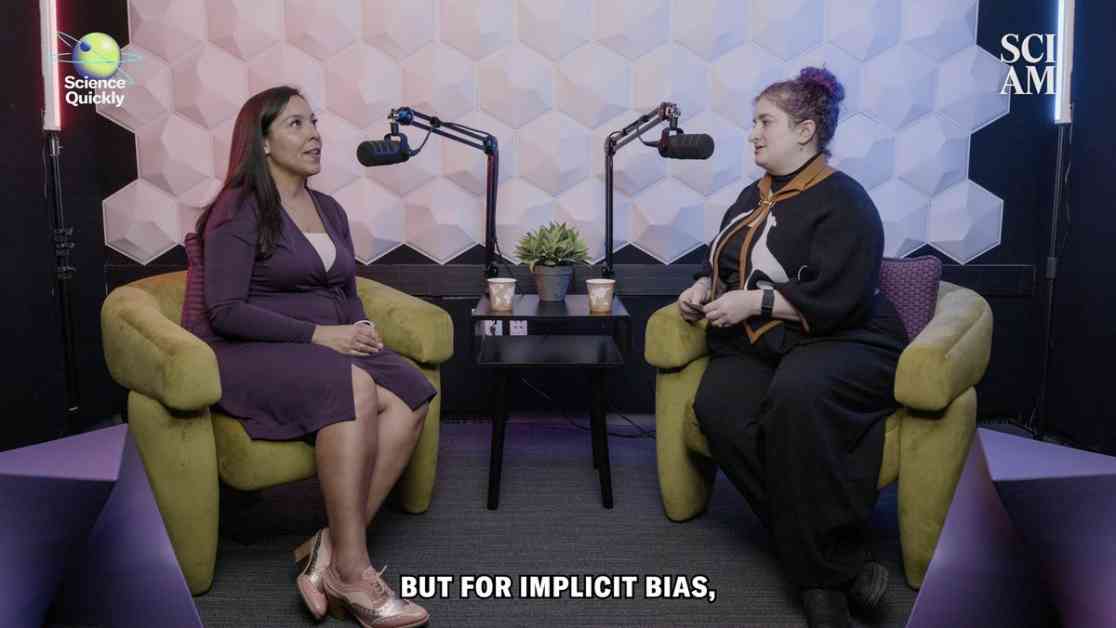Implicit bias in healthcare is a serious issue that can impact patients’ health outcomes. Doctors, like all humans, have unconscious biases that can influence their judgment calls. Dr. Cristina Gonzalez, a professor of medicine and population health at NYU Grossman School of Medicine, explains that implicit bias refers to unconscious mental associations made about others based on factors like race, gender, or religion.
In a clinical setting, implicit bias can affect communication behaviors with patients, leading to less patient-centered care, decreased shared decision-making, and increased anxiety in the encounter. It can also result in racial disparities in healthcare treatment and outcomes. Dr. Gonzalez’s lab focuses on interventions to recognize and manage implicit bias, emphasizing the importance of education and skill-building to improve communication and patient care.
Measuring implicit bias in a clinical setting can be done through tests like the Implicit Association Test, which measures unconscious associations. High-fidelity simulations are used to observe communication behaviors and interpersonal distance to identify areas for improvement. Teaching critical humanism skills through role-plays and verbal procedures helps medical professionals build muscle memory for effective communication.
The current healthcare system can inadvertently fuel implicit bias through educational practices that reinforce stereotypes, time pressures that lead to snap judgments, and burnout among healthcare providers. Addressing implicit bias is crucial for improving patient experiences, reducing misdiagnoses, and achieving health equity. Dr. Gonzalez emphasizes the need for implicit bias training to be integrated into medical education and clinical practice as a standard skill, similar to diagnostic and treatment skills.
Looking to the future, Dr. Gonzalez envisions a healthcare system where implicit bias training is a routine part of medical education and practice. She hopes for a culture where healthcare professionals can openly discuss and address biases without fear of judgment, similar to how they consult with colleagues on medical cases. By normalizing conversations about implicit bias and providing resources for ongoing education and support, the healthcare system can work towards eliminating disparities and providing equitable care for all patients.




